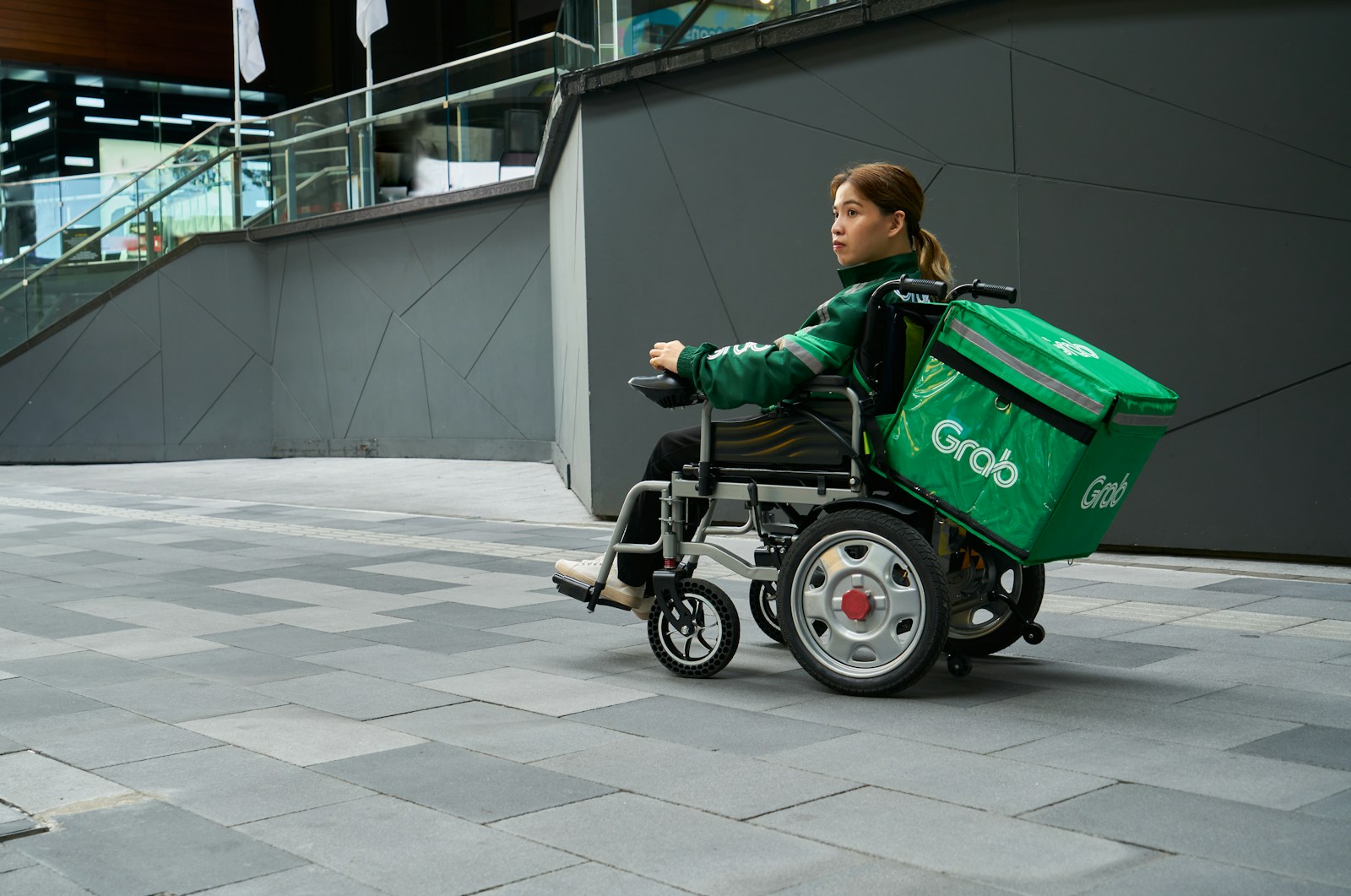
午餐
wǔcān

lunch
In Chinese, '午餐' means lunch. It is usually the meal eaten in the middle of the day, generally around midday or early afternoon. Depending on the region, it could include a variety of dishes, traditionally includes rice or noodles, alongside vegetables, meat, or fish. It is integral to Chinese culture, and people often take a small break from work to have their '午餐'.
Example sentences using: 午餐
午餐我们去餐厅吃吧。
Wǔcān wǒmen qù cāntīng chī ba.

Let's eat lunch at the restaurant.
This phrase is used to invite someone to have lunch at a restaurant.
我准备了健康的午餐。
Wǒ zhǔnbèile jiànkāng de wǔcān.

I prepared a healthy lunch.
This phrase is used when someone has prepared a healthy meal for lunch.
你喜欢我的午餐吗?
Nǐ xǐhuān wǒ de wǔcān ma?

Did you like my lunch?
This phrase is used to ask someone if they liked the lunch you prepared.
午餐时间,我们出去吃。
Wǔcān shíjiān, wǒmen chūqù chī.

It's lunchtime, let's go out to eat.
This phrase is used to suggest going out to eat when it's lunchtime.
今天午餐你想吃什么?
Jīntiān wǔcān nǐ xiǎng chī shénme?

What do you want to eat for lunch today?
This phrase is used to ask someone what they feel like eating for lunch.
我忘记了带午餐。
Wǒ wàngjìle dài wǔcān.

I forgot to bring lunch.
This phrase is used when someone forgets to bring their lunch.
午餐后我需要休息。
Wǔcān hòu wǒ xūyào xiūxí.

I need to rest after lunch.
This phrase is used when someone needs to rest or take a nap after eating lunch.
午餐我只吃了一个苹果。
Wǔcān wǒ zhǐ chīle yīgè píngguǒ.

I only ate an apple for lunch.
This phrase is used when someone only had a single apple for their lunch meal.
午餐你喝什么?
Wǔcān nǐ hē shénme?

What are you drinking for lunch?
This phrase is used to ask what someone is planning to drink for lunch.
午餐太油腻我不喜欢。
Wǔcān tài yóunì wǒ bù xǐhuān.

I don't like it when the lunch is too greasy.
This phrase is used when someone finds the lunch meal too oily or greasy for their preferences.